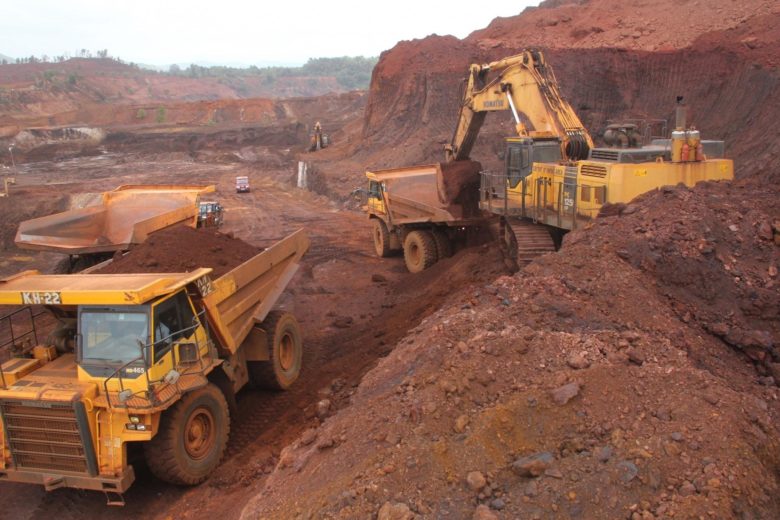New Delhi: CII has said that the circular by the Ministry of Finance regarding imposition of 45 per cent export duty on low grade iron ore and enhancement of export duty on iron ore from 30 per cent to 50 per cent (all grades) will have cascading and adverse impact over Indian Iron Ore mining industry.
CII said the earlier regime (NIL duty on below 58Fe and 30 per cent duty on above 58Fe) was apt for India. The 30 per cent duty on above 58Fe ensured domestic need was given priority, including that of MSMEs (sponge iron plants, pellet plants, etc.) as well as large players (integrated steel plants). Nil duty on below 58Fe ensured that whatever was not needed domestically could be monetized to reduce the overall cost of iron ore production in country.
There is no shortage of iron ore to meet domestic demand — either today or in future, even to meet the National Steel Policy target of 300 MT steel capacity by 2030, CII said.
Export was the only option for low grade ore (below 58 per cent Fe), which is now unviable due to 50 per cent duty and will rather add to mineral inflation and adverse impacts.
During the mining of high-grade ore to meet domestic consumption, low grade ore (not in domestic use) has to be mined and liquidated to keep overall production cost in control — a natural measure to control mineral inflation. If low grade iron ore is not exported, then total mineral production in the country will reduce, owing to space constraint to store below 58Fe grade within mines (high inventory cost for this grade with no market access).
As a result, royalty and revenues to the states will reduce, since below 58Fe grade will remain unsold, CII pointed out. It will be a major hit on the mining sector, with corresponding drop-in economic activity especially in remote mining regions, loss of livelihoods, etc. Huge stockpiles of low-grade iron ore fines, which comprise almost 75 per cent of mined ore, will either cause dust pollution due to winds in summer or water pollution due to rains in monsoon, CII said.
(IANS)



















